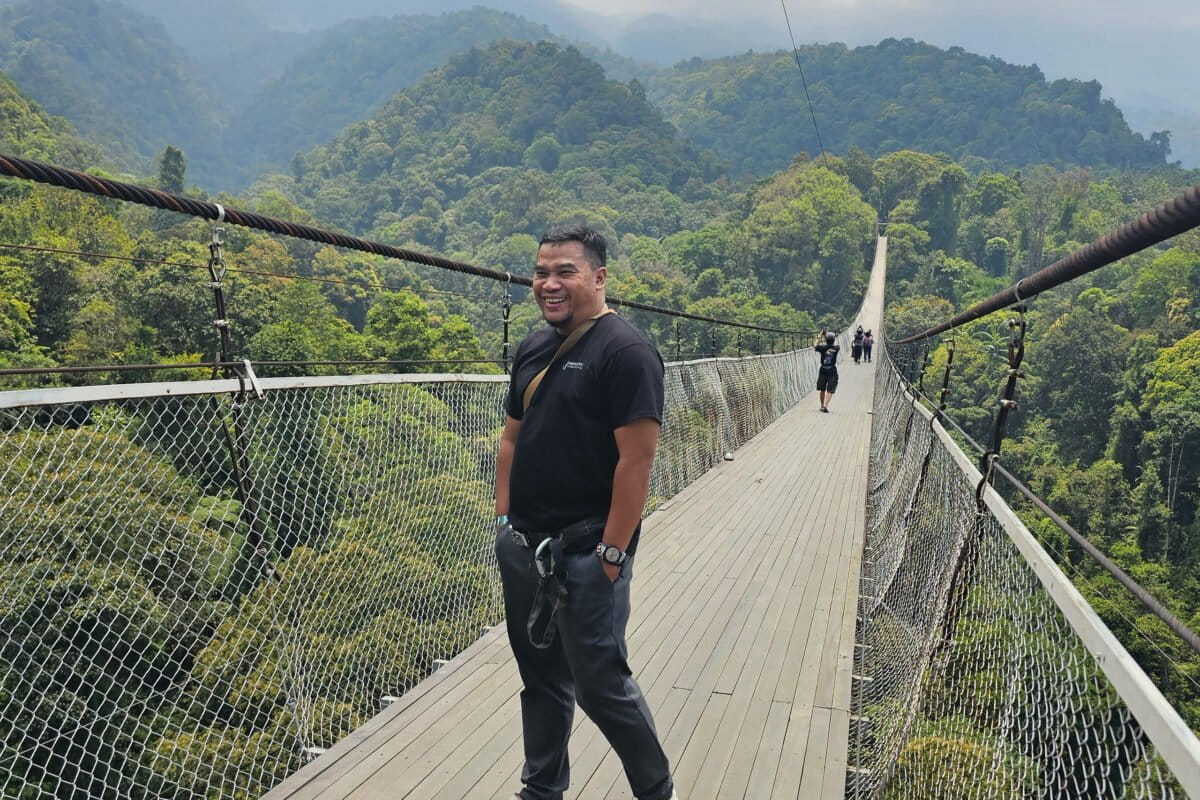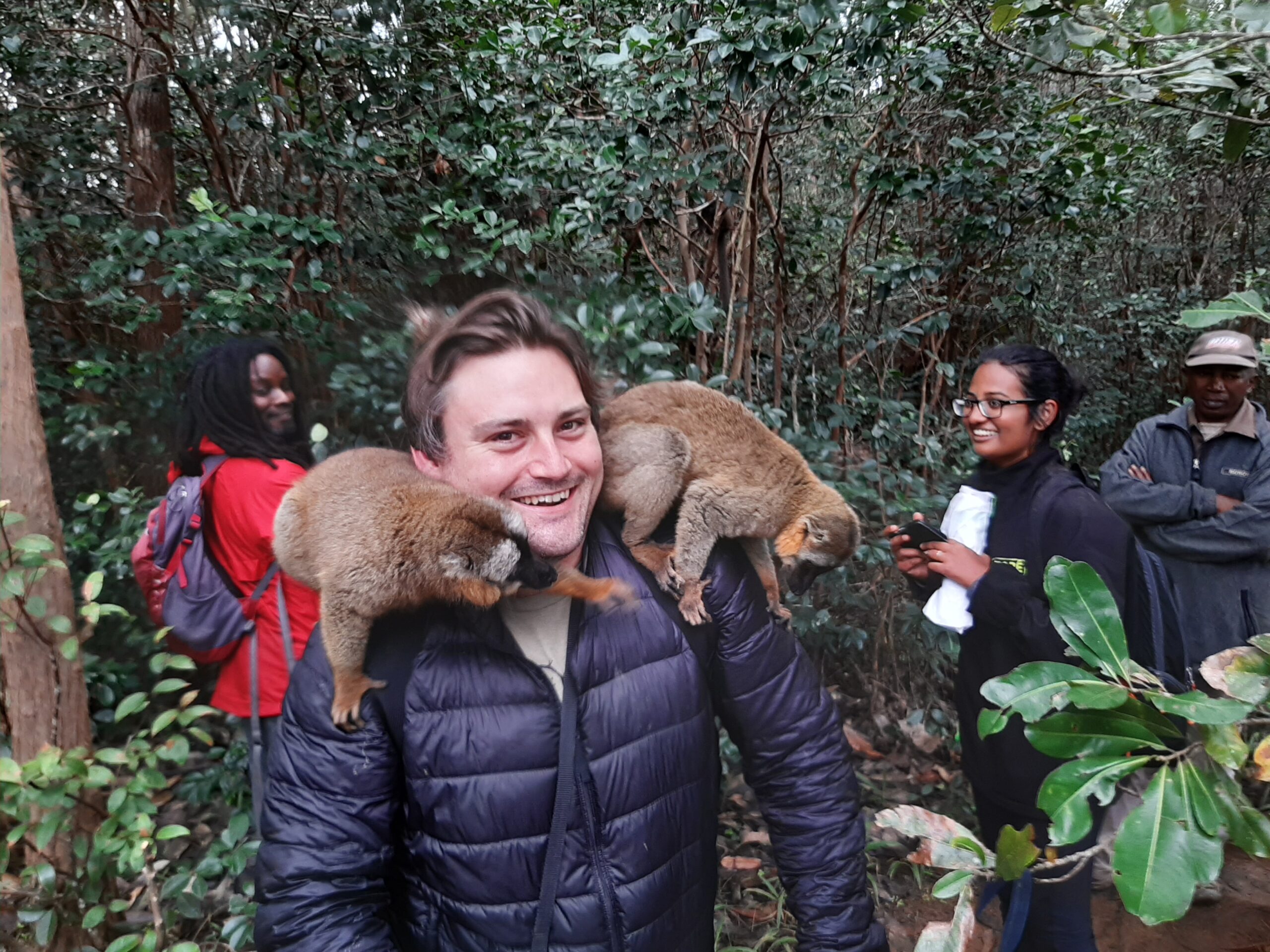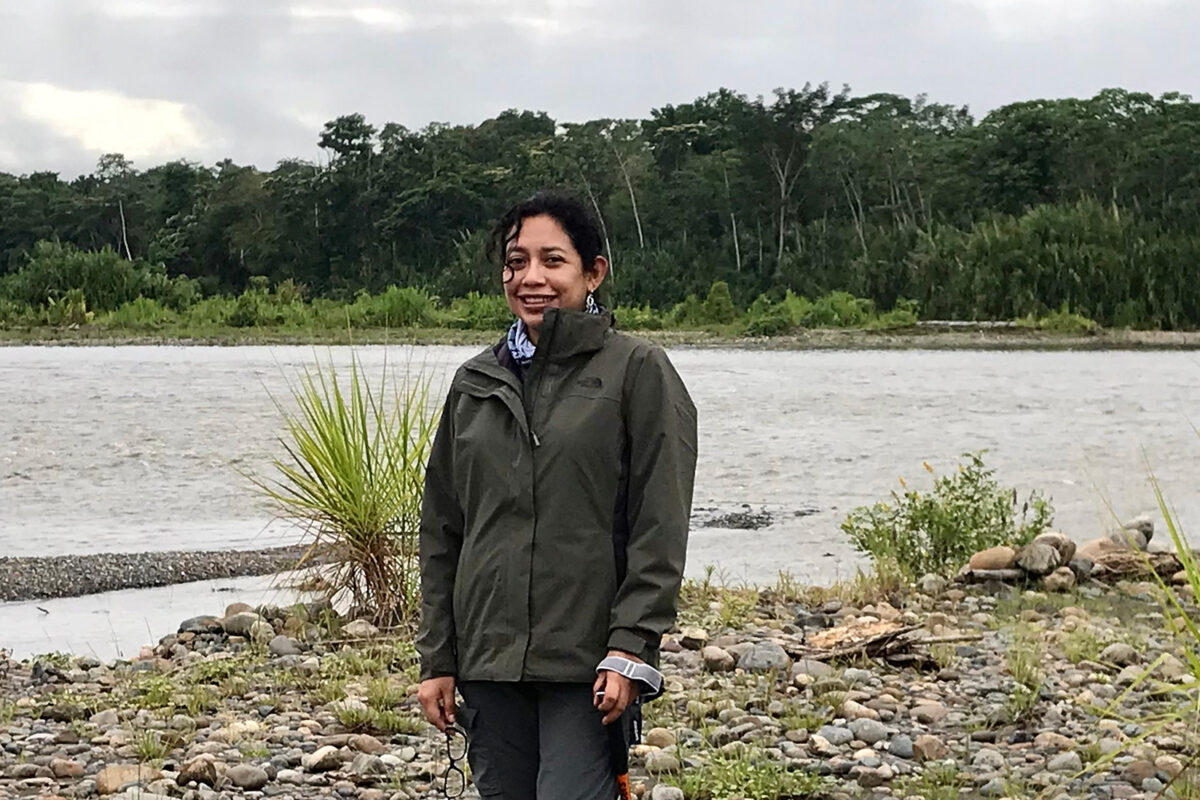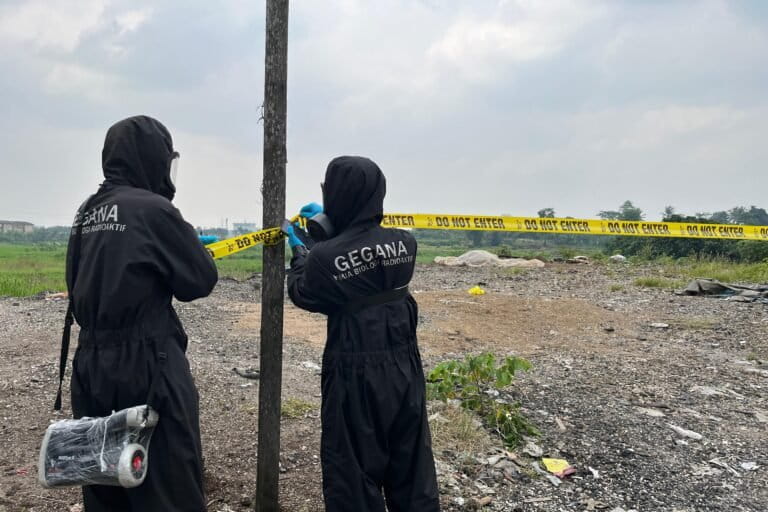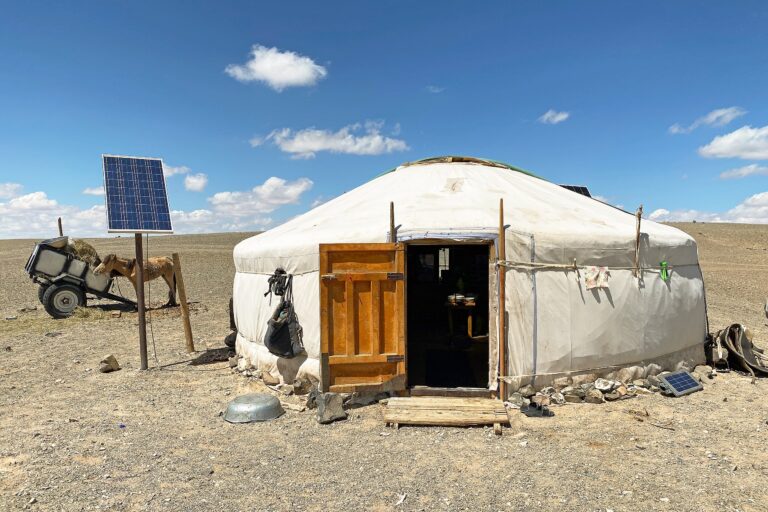- U.N. special rapporteurs have raised concerns that Indonesia’s food estate project in Merauke district is displacing Indigenous communities, clearing forests without consent, and using military forces to suppress dissent, threatening more than 50,000 Indigenous people.
- They point to deforestation of more than 109,000 hectares (269,000 acres), loss of biodiversity, and violations of Indigenous rights, including lack of free, prior and informed consent (FPIC) and intimidation by military forces.
- The Indonesian government has rejected the allegations, claiming compliance with national laws, and saying the project boosts food security and that Indigenous rights and environmental safeguards are respected — despite civil society calling these claims misleading.
- NGOs are urging stronger U.N. monitoring, a fact-finding mission, and genuine FPIC processes, warning that the project risks erasing Papuan Indigenous culture while facilitating corporate land grabs.
JAKARTA — United Nations rights officials have raised the alarm over alleged human rights abuses and environmental destruction linked to a massive plantation project in the Indonesian district of Merauke.
Special rapporteurs to the U.N. human rights commission sent separate letters to the Indonesian government and a key project developer, PT Global Papua Abadi (GPA), dated March 7, 2025, over allegations that they had displaced Indigenous communities, cleared forests without consent, and deployed military forces to quash dissent.
Under the so-called Merauke food estate project, agribusiness giants have secured vast concessions to clear 3 million hectares (7.4 million acres) of land in Merauke, two-thirds of it for sugarcane plantations and the rest for rice fields. That amounts to an area 45 times the size of Jakarta, the Indonesian capital.
The current project builds on the earlier Merauke Integrated Food and Energy Estate (MIFEE) program launched in 2010, which has been revived and expanded as a project of strategic national importance, or PSN. Crucially, PSN designation gives the government and approved developers eminent domain rights to evict communities from their land under the pretext of national interests.
According to the letters, co-signed by nine U.N. special rapporteurs, the project has allegedly violated Indigenous peoples’ rights by not properly consulting them and thus failing to obtain their free, prior and informed consent (FPIC).
The rapporteurs warn that “more than 50,000 Indigenous people living in 40 villages around and within the project area will be directly affected by its implementation.”
Vincent Kwipalo is among the affected residents. A member of the Indigenous Yei community in Merauke’s Jagebob subdistrict, he said his land had been seized by a neighboring clan and handed over to the military for the food estate project without his knowledge.
Recently, he said he met people claiming to be from the Ministry of Defense in Jakarta.
“I even said to them, ‘Is it because of our skin color and curly hair that you don’t value us? If you consider us part of the republic, then please respect us,’” Vincent said at a recent press conference in Jakarta.
Since the start of the food estate project in 2010, more than 109,000 hectares (269,000 acres) of peatland, forest and savanna have allegedly been cleared without the Indigenous communities’ consent and without strategic environmental assessments, the U.N. letter said. This deforestation risks sparking cycles of drought and flooding, loss of biodiversity, disruption of carbon sinks, and cutting off primary food and cultural resources for the Indigenous communities.
Yasinta Moiwend, an Indigenous woman from Ilwayab subdistrict in Merauke, said her land and that of others in her community had been cleared for rice fields for the food estate project without their consent.
“Today, land clearing and forest destruction continue. Stakes are being planted on our clan’s land,” she said at the Jakarta press conference. “Customary land is important to us in every village, but the company never discussed anything with us as Indigenous peoples.”
The U.N. letter also raised serious concerns over the deployment of five infantry battalions and armed militias to enforce the project, as they’ve been accused of intimidating and silencing any opposition to the project.
A recent investigation by The Gecko Project found that many Indigenous peoples have had troubling interactions with the military, with soldiers arriving in villagers and telling them that they have to acquiesce to the food estate program.
Residents have also reported manipulation of signatures and coercion by military personnel to suppress resistance, the U.N. noted in its letter.
All these reports of intimidation, criminalization and threats against community leaders and environmental defenders who voiced concerns about the food estate project are deeply concerning, the U.N. special rapporteurs wrote.
“Such actions not only undermine the rights of the affected communities but also create a harmful ‘chilling effect’ on civil society, deterring individuals and groups from exercising their rights to freedom of peaceful assembly and freedom of expression, and advocating for justice,” they wrote.
With mounting reports of human rights and environmental violations, the U.N. rapporteurs have called for detailed responses from the Indonesian government and GPA to all the allegations detailed in the letter. This includes evidence of consultations and consent from Indigenous communities, and steps to protect Indigenous rights and prevent military intimidation.
The letter also raised the prospect of suspending the food estate project, asking the government whether it has analyzed suspending all related activities until adequate comprehensive evaluations and measures to prevent, mitigate and remedy potential harms are in place.

The government’s response
The government responded to the rapporteurs’ concerns in a letter dated May 6, 2025. It denied all the allegations, claiming the food estate project complies with national laws and regulations.
For one, it says the project is located within an area designated for production, not conservation, and that this designation has accommodated the views of the Indigenous communities there.
“And to date, no request has been submitted by any party for the area in question to be classified as customary land,” the government wrote in the letter, signed by Achsanul Habib, Indonesia’s deputy permanent representative to the U.N. in Geneva.
Indonesia has historically been reluctant to recognize Indigenous peoples’ rights to their lands and forests. Under current regulations, communities must first be formally acknowledged as “customary law communities” by their local government through the passage of a district bylaw — a costly and time-consuming process that can take years or even decades. Only then will the national government consider their land claims, which again can take a long time.
In the Papua region where Merauke is located, encompassing the western half of the island of New Guinea, the process has been even slower, with observers attributing the delays to heightened political sensitivities and state concerns over a long-simmering separatist movement there. It wasn’t until 2022 that the government formally recognized Indigenous Papuans’ rights to their ancestral forests, granting this recognition to just seven out of the more than 250 Indigenous communities there.
Since then, no additional ancestral forests have been formally recognized by the government, according to Dorthea Elisabeth Wabiser, a researcher at the Pusaka Foundation, an NGO that advocates for Indigenous rights in Papua.
In many cases, Indigenous communities in Papua even struggle to get their status as Indigenous peoples formally recognized by the government, Dorthea said.
“Many communities have submitted documents seeking this recognition, but the process is extremely slow, whereas permits for investors are granted quickly,” she said.
The government also noted in its response that the company involved in the project, GPA, has acquired all the necessary permits through meaningful consultation with the Indigenous communities. Other companies that plan to operate in Merauke as part of the food estate project are in the process of negotiating with the Indigenous communities to obtain the final necessary permits, the government added.
The communities have proposed a temporary lease arrangement, in which their customary land would first be formally certified before being leased to the companies for investment purposes over a defined period. After this period, the land would be returned to the communities.
The government also claimed the food estate project has gone through environmental impact assessments, and that environmental sustainability is a priority.
On the allegations of military involvement, intimidation and criminalization of Indigenous leaders and environmental defenders in Merauke, the government said it was aware of such reports. It said the country’s human rights commission, Komnas HAM, had raised similar concerns in a letter dated March 17, 2025.
However, the government referred to the concerns as merely a “sense of discomfort” expressed by Indigenous communities over the increased military presence in Merauke, rather than fear or intimidation. It also said the military hadn’t received any direct complaints about alleged intimidation committed by its personnel in Merauke.
The government said it encouraged community members to report any alleged intimidation or violence that’s supported by verifiable data or evidence, promising the relevant authorities would follow up with appropriate investigation and remedial measures.
Lastly, the Indonesian government justified the project as necessary to enhancing the country’s food security.
In their earlier letter, however, the U.N. rapporteurs had argued that “Destroying Indigenous lands, which are deeply tied to their identity, and causing the loss of biodiversity — both of which have significant local and global consequences — cannot be justified under this rationale.”

Civil society’s response
A coalition of civil groups advocating for Indigenous rights in Merauke, called Solidaritas Merauke, has criticized the government’s response.
The NGOs say the government failed to directly respond to the most serious and well-documented allegations raised by the U.N. experts. Rather than addressing the substance of the concerns raised, the government only reiterated general principles of upholding civil liberties and nondiscrimination, the coalition noted.
The response also fails to provide any evidence of FPIC being obtained, or names of affected communities consulted.
This denial lacks empirical grounding, as the reported incidents continue to occur, said Teddy Wakum, director of the Merauke Legal Aid Institute (LBH), which is providing legal assistance to many of the Indigenous communities affected by the food estate project.
“If the government claims there were consultations, then I ask: Did they not see all the public protests this past year, where people went to the Papuan People’s Assembly, the House of Representatives [in Jakarta] and the [Merauke] district head’s office to raise these issues?” he said at the Jakarta press conference.
Teddy added the government’s claim to be protecting Indigenous rights is “a huge lie to the U.N. rapporteurs.”
“To say no rights were violated is outrageous,” he said.
Project developer Global Papua Abadi has to date not issued a public response to the U.N. allegations — a silence that civil society groups say exemplifies the wider impunity enjoyed by corporations operating in Indigenous territories.

Call for U.N. fact-finding mission
In light of what they say is the government’s inadequate response, the coalition issued a number of demands.
First, they said, the food estate project needs to prioritize the FPIC of the Indigenous communities in Merauke.
“Right now, the FPIC process is unclear. Communities are not gathered or informed about what will happen to their land, or about the conversion of forest into plantations,” said Dorthea of the Pusaka Foundation, which is part of the NGO coalition.
Second, the Indonesian government needs to respond more clearly to the U.N.’s questions, such as whether the food estate project complies with Indonesia’s constitutional human rights standards and with international agreements like the U.N. Convention on Biological Diversity and Indigenous rights instruments.
Third, the U.N. special rapporteurs should continue monitoring the process, as intimidation continues against people simply trying to protect their homes, they said.
Kartini Samon, a researcher at the international NGO GRAIN, said the coalition had sent a letter to the U.N. special rapporteurs, urging them to carry out a direct fact-finding mission in Papua.
“The Special Rapporteur on Indigenous Peoples has long expressed a wish to conduct such a visit,” she said. “That’s why we want all nine U.N. rapporteurs to visit and verify the evidence directly.”
Failure to swiftly address the human rights and environmental concerns means Indigenous communities in Merauke remain at risk of being displaced from their ancestral lands, the coalition said.
“Indonesia continues to treat Papua as empty land to justify land grabs for corporate interests — often facilitated by regulations,” Kartini said. “This violates human rights and erases Papuan Indigenous culture and life.”
Banner image: Indigenous Papuans protest in Jakarta in October 2024 against the food estate project in Merauke. Image courtesy of Yayasan Pusaka.
FEEDBACK: Use this form to send a message to the author of this post. If you want to post a public comment, you can do that at the bottom of the page.



